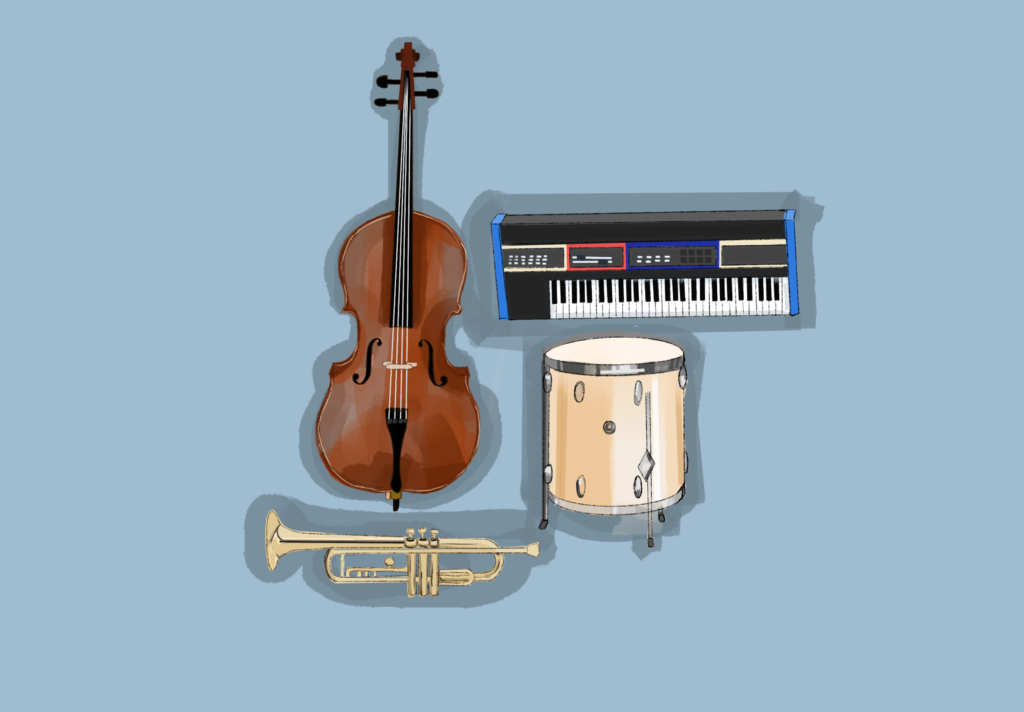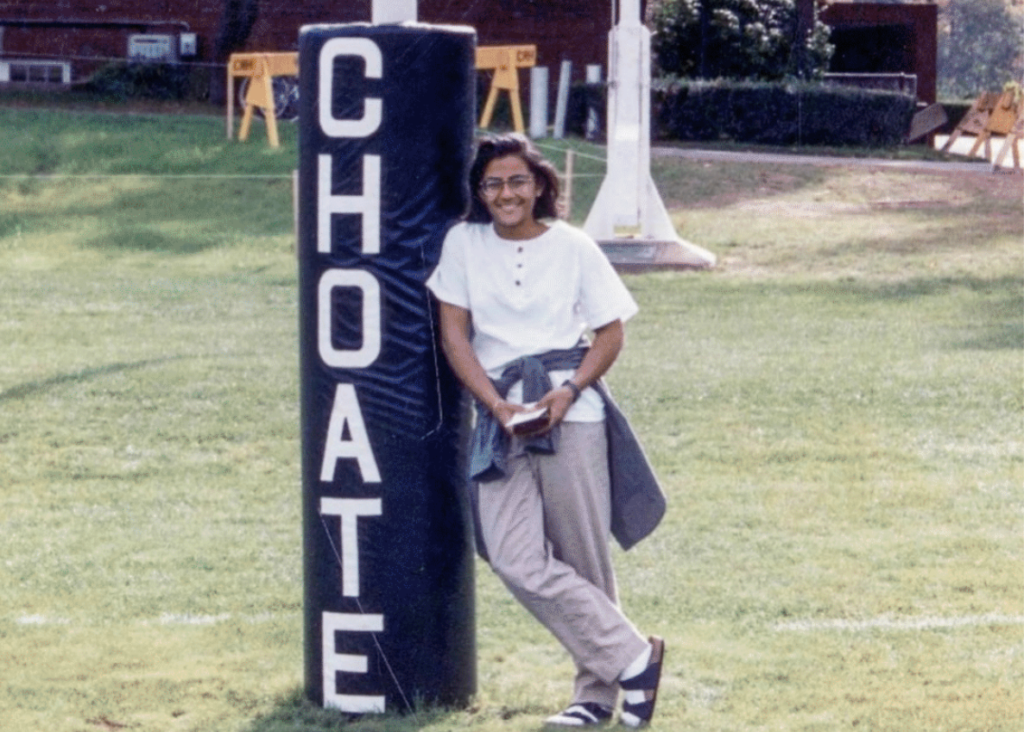Finding someone who plays the bagpipes, a rather eccentric instrument that originated in Scotland, feels rare, especially when the play is merely for recreation — most bagpipers play competitively or in Scottish military service. But three members of the Choate community — Crawford Sargent ’19, Cam Kelley ’19, and Rory Latham ’21 — all play the bagpipes.
The bagpipes sound beautiful in an unconventional way, and our three bagpipers hope to popularize the instrument and the fun that comes from playing it.
Each bagpiper has a different reason for playing the instrument. For Sargent, the motivation to learn came from his father. “When I was ten, dad was like, ‘Crawford, I’ve always wanted to play the bagpipes, so you’re going to play the bagpipes.’” Sargent’s Scottish heritage also influences his pursuit of the instrument. He is a member of the Johnstone Clan, a clan in Scotland to which he is blood related. The bagpipes are a way for Crawford to share his cultural identity with the Choate community.
Earlier this year, Crawford performed at the start of school meeting. In all, he found the experience stressful. “But I really enjoyed it, and it felt really good. I was proud of the way I played. The thing about the bagpipes is that people don’t know when you mess up!”
Kelley started playing the bagpipes when he was in the seventh grade, following an inspiring performance at a middle school assembly. Kelley went home after the performance and asked his mom if he could learn how to play. He began to take lessons in his Oregon town. When his family moved to Alaska, Kelley joined a pipe band of drummers and fellow bagpipers.
Upon coming to Choate, Kelley started practicing weekly with the same teacher who works with the other two pipers. The instructor helps Kelley work on both songs that he’s learning for his band back home and personal musical pursuits.
Kelley said, “It’s lots of fun, especially playing in a group. When you’re doing it and it’s perfectly in sync, there’s just a certain rhythm to it that I really like. It’s a good community.”
Latham began playing the bagpipes in the fifth grade. He started by playing the practice chanter, a simpler reed woodwind in comparison to the bagpipes, then transitioned to a goose, a miniature form of the bagpipes. Rory wanted to be engaged with his family ancestry. His family is Scottish, and he grew up listening to Scottish folk music with his parents.
Of the bagpipes’ history, Latham said, “The bagpipes are pretty unique in both the music people play and the setting. Most of the music written for bagpipes was written in a regimental setting — for the army. That’s how the instrument grew. That’s an interesting part of how the music came to be.”
The students will play traditional Scottish music. This includes more popular tunes such as “Scotland the Brave” and more underrated pieces such as those in the style of pibroch — widely considered the classical music of bagpipes. According to Kelley, pibroch “doesn’t have any time signature. They basically just put a bunch of notes on the paper, and you figure out how you want it to be timed. It’s a really interesting, slow type of music that I’ve been wanting to work on a little bit more.”
Latham said, “Many don’t understand how difficult it can be to play the bagpipe. I know that’s a common misconception. It seems like a very easy instrument to play but it is actually very hard to play the right notes at the right times. It takes a lot of practice.”
Toward the end of spring term, the three pipers will be putting on their own performance for the Choate community. “My goal for the performance is to encourage more pipers to join and put on a fun performance to show off what we’ve been doing,” Kelley said. “I want to remind people that the bagpipes exist.”




